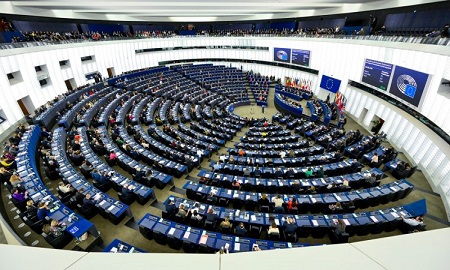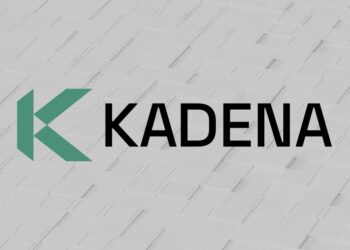The European Union (EU) has taken a significant step towards regulating artificial intelligence (AI) with the passage of the draft legislation known as the A.I. Act by the European Parliament.
This milestone bill, which aims to impose limitations on risky AI applications, could serve as a model for legislators worldwide grappling with the challenges of this rapidly evolving technology.
While the vote is just one phase in the broader procedure, the final form of the law is expected to be passed later this year. Compared to the United States and other major Western governments, the EU has made significant progress in AI regulation, engaging in discussions on the matter for over two years—the urgency to address AI’s societal and employment impacts heightened after the launch of technologies like ChatGPT.
Despite this progress, the effectiveness of AI regulation remains uncertain as policymakers have always found it difficult to keep up with the rapid advancements in technology. Earlier drafts of the EU regulation did not adequately address generative AI systems like ChatGPT, which can generate text, images, and videos.
However, in the recent version of the legislation passed on June 14, 2023, new transparency standards for generative AI were included. These standards require creators to provide summaries of protected content used to train the system.
The EU law adopted a “risk-based” approach and focused on AI applications with the potential to harm humans, such as those used in the legal system, justice administration, and determining eligibility for public services. Creators of AI technology must undergo a risk evaluation process similar to the approval process for medicines, ensuring adequate assessments to address potential risks before widespread deployment.
The European Parliament has voted to prohibit the use of live facial recognition technology, though discussions continue regarding potential exceptions for national security and law enforcement purposes. It also compels chatbot creators, such as those behind ChatGPT, to provide more information about the data used in developing their software. These measures aim to enhance transparency and accountability in AI applications.
Following the vote, the final version of the bill will be negotiated among the three branches of the European Union—the European Parliament, the European Commission, and the Council of the European Union. The aim is to reach a final agreement before year-end, solidifying the EU’s global leadership in AI regulation.
If you want to read more news articles like this, visit DeFi Planet and follow us on Twitter, LinkedIn, Facebook, Instagram, and CoinMarketCap Community.
“Take control of your crypto portfolio with MARKETS PRO, DeFi Planet’s suite of analytics tools.”





















